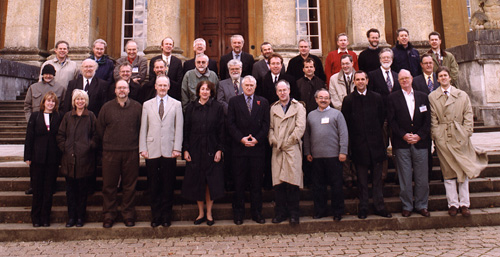Doing poorly, so unfortunately I can't join in the discussion much atm. Just wanted to drop by to give everyone, and especially the people who were directly involved in developing the NICE guidelines, a big


.
I see quite some possible pitfalls that need careful vigilance and comment to avoid (like how there's a risk that the situation is merely replaced with the notion that ME patients need assistence in managing their activity like they're dumb toddlers, and get blamed for personal mismanagement failure if they are ill) but in general this is a big step in the right direction and can be used to turn things for the better.
The White quote is amazing.
Yes, but in a way that I personally thought stood out like a sore thumb in the article, especially with Lady Finlay mentioning ME patients having a disordered energy metabolism earlier in the article.
I do find it a bit unfortunate that there is so much focus on fixed increases as the problem with GET. Even if the increases were not fixed and incredibly small, it would still be problematic to expect ill patients to keep increasing their activity level when they can't. The main issue, in my view, has always been the idea that limits can be pushed, that patients can do more if you encourage them to.
Yes, indeed. The "fixed" is an issue in practise, but
not so much on paper to keep continuing as before. However, like
@adambeyoncelowe says, I think it can be neutralized with the guidelines themselves. Patients can no longer be forced to ignore their symptoms in reponse to activity, which was the whole core of CBT/GET.
Wishing everyone an enjoyable day, and a sense of encouragement that change is happening.
Edited to add:
@Science For ME , wonderful you made all those discussion threads which include the changes from the draft! I can't go through them now, but they're great.

